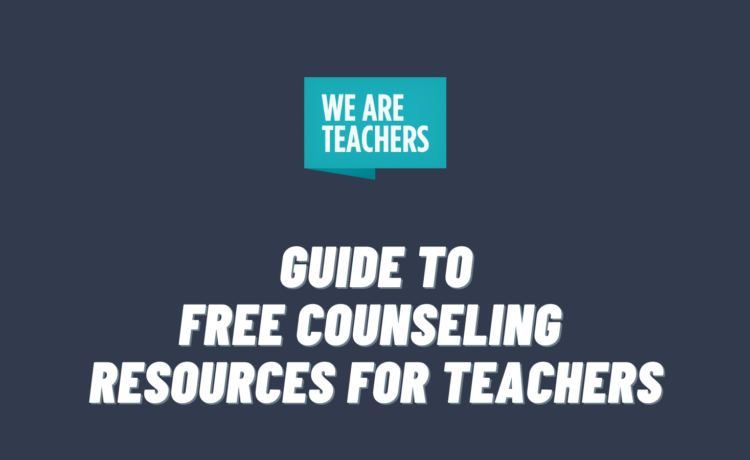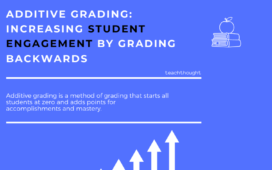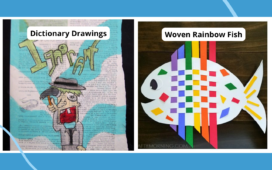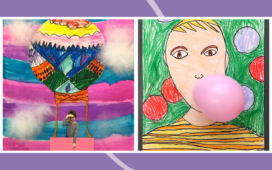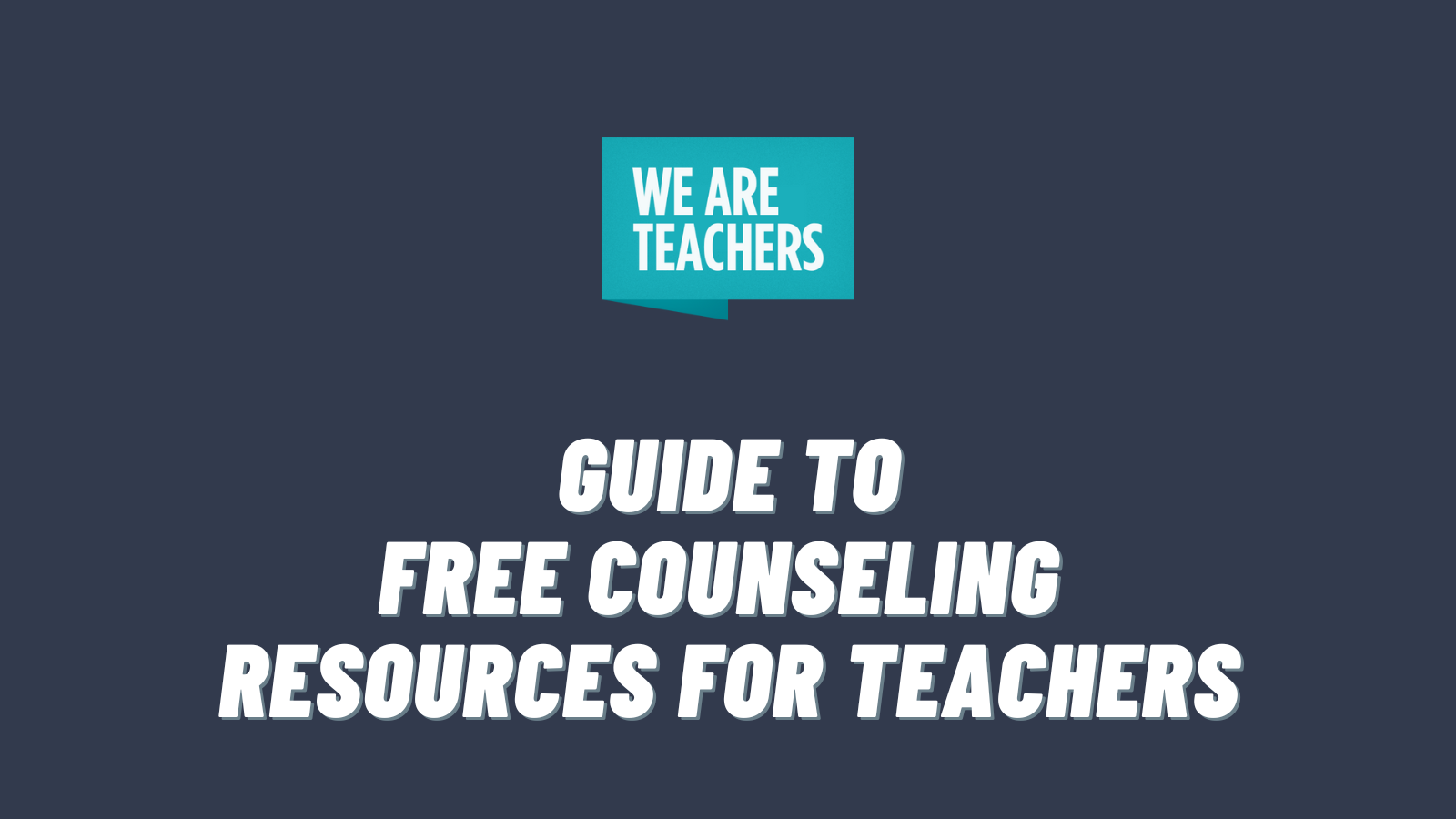
Teaching is one of the most rewarding and impactful careers anyone could choose—it’s also incredibly demanding. It’s not surprising, therefore, that many teachers find themselves struggling with anxiety and depression. Knowing this, we definitely need to do more to support teachers. If you’re feeling overwhelmed, please understand that you are not alone. It’s important, though, to find the support that you need. That’s why we’ve put together this list of free counseling resources for teachers.
Of course, if you have health insurance, definitely explore your options there since you may have access to quality, ongoing therapy. While the counseling offered through your insurance may not be free, you might have access to low-cost counseling assistance. For other free counseling options, read on.
School District Resources
Employee Assistance Programs
Many school districts offer an Employee Assistance Program (EAP) that provides teachers with a set number of free, confidential counseling sessions. To learn more, check with human resources, your insurance provider, teacher association, or union representative.
School District Wellness Programs
Some districts offer wellness programs that include free mental health counseling, fitness programs, and stress-management tools specifically tailored for teachers. It’s a great start, but encouraging mental health days would go a long way too!
Union-Sponsored Support Programs
UFT Member Assistance Program
The Member Assistance Program offers United Federation of Teachers members free, short-term individual counseling and support groups for various concerns, such as marital issues, stress, workplace challenges, and addiction. Sessions are confidential with a mental health professional who can provide support and referrals to outside services if needed. The program is free, though additional resources may be covered by insurance.
National Education Association
The National Education Association (NEA) offers mental health resources for educators, including workshops, tool kits, and training on emotional poverty, restorative practices, and mindfulness. NEA also partners with organizations to provide wellness-focused webinars, training, and retreats. Some services, like those from AbleTo, SAMHSA, and Teach.com, may require payment or membership, so it’s advisable to check the NEA website or affiliated programs for specific costs.
Online Counseling Services
7 Cups
7 Cups offers free emotional support by connecting you with caring listeners available 24-7 through chat. They also provide affordable online therapy with licensed therapists, allowing you to receive confidential counseling for a low monthly fee. Services are available in multiple languages, including Spanish.
MD Live
For mental health services, talk therapy through MD Live range from $0 to $108, and psychiatry sessions range from $0 to $284, depending on insurance coverage. Co-pays for participating plans can be as low as $0, with up-front pricing to ensure no surprise costs.
ForLikeMinds
ForLikeMinds offers a free platform where individuals can connect with others for peer support. It provides a space to discuss mental health conditions, substance-use disorders, and life challenges. More detailed or advanced services, however, such as private group creation or premium features, may come with additional costs.
The Tribe Wellness Community
TherapyTribe provides a free online support community where individuals can connect, share, and find empowerment in a larger wellness network. By merging five established support websites, TherapyTribe offers a safe and convenient space for members to engage in broader wellness conversations or focus on core support groups, depending on their needs.
National Hotlines & Helplines
National Suicide Prevention Lifeline
The Suicide Lifeline provides 24-7 crisis support. Teachers can call 988 or 1-800-273-TALK (8255) or use the online chat for immediate assistance.
NAMI Helpline
The National Alliance on Mental Illness (NAMI) provides online community discussion groups where educators can find support and encouragement. Create a free NAMI account to join and access local resources through the NAMI National Warmline Directory.
National Domestic Violence Hotline
Provides counseling support for those experiencing emotional or physical abuse. Contact the hotline at 1-800-799-SAFE (7233) or text “LOVEIS” to 22522.
Childhelp National Child Abuse Hotline
This hotline offers crisis intervention, information, and referrals to thousands of emergency, social service, and support resources for preventing child abuse. Call 1-800-422-4453.
National Sexual Assault Hotline
A free, confidential service for those affected by sexual assault. Call 1-800-656-HOPE (4673) or use the online chat feature.
Veterans Crisis Line
Connects veterans with qualified responders from the Department of Veterans Affairs. Call 1-800-273-8255 and press 1.
Disaster Distress Helpline
The helpline provides crisis counseling for emotional distress related to disasters, guidance on recognizing distress, referrals to local crisis centers for further care, and healthy coping tips. Call 1-800-985-5990 or text “TalkWithUs” to 66746.
The Trevor Project Text Line
Provides support for young LGBTQ+ persons ages 13 to 24 via text. Text “START” to 678678, or call 1-866-488-7386 for more information.
The Steve Fund
Through a partnership with the Crisis Text Line, this resource promotes text messaging as a means for young people of color to access crisis counseling. Text “STEVE” to 741741 to connect with a trained counselor.
Trans Lifeline
Trans Lifeline’s hotline offers peer support by and for trans and questioning individuals. Whether you need someone to talk to or are uncertain about your gender identity, this service connects you with a trans or nonbinary peer operator who provides confidential, anonymous support. The hotline operates Monday through Friday with specific hours depending on your time zone (check the website for updated hours). Call 1-877-565-8860 (U.S.) or 1-877-330-6366 (Canada).
Peer Support Networks
Teacher-Led Support Groups
Many teachers form peer support groups, either in person or online, to share experiences and provide emotional support. These groups can be found through local teacher associations, social media, or professional networks.
Online Communities
Platforms like Reddit’s r/Teachers or Facebook groups serve as spaces for teachers to vent, share advice, and receive informal support from peers across the globe.
University and Local Community Resources
University Counseling Centers
Many universities offer free or low-cost counseling services to the public, which teachers can access. These centers may also provide workshops and group therapy sessions.
Community Health Centers
Local health centers often provide free or low-cost mental health services, including counseling. Teachers can check with their local community health center for available resources.
Self-Help and Support Groups
12-Step & Self-Help Programs
Alcoholics Anonymous, Emotions Anonymous, Narcotics Anonymous, Overeaters Anonymous, LifeRing, and In the Rooms are groups that offer support for various issues, from addiction to emotional well-being.
211 Essential Community Services
Call 211 for a comprehensive locator service for social supports, including food, housing, money, legal, and additional mental and behavioral health services.
Mental Health Support Groups and Organizations
Happy Teacher Revolution
A network promoting teacher wellness through online and virtual support group meetings.
NCTE Member Gathering
Weekly gatherings for National Council of Teachers of English members to share ideas, build relationships, and offer peer support.
Teaching With Mental Health in Mind
This Facebook support group provides mental health resources for educators.
Mental Health Podcasts
The Cult of Pedagogy
This podcast series offers valuable insights and advice from veteran educator Jennifer Gonzalez, focusing on topics relevant to educators, students, administrators, and parents.
HMH Learning Moments
A podcast by Houghton Mifflin Harcourt that showcases teachers who share their experiences, ideas, and innovative practices to inspire and support others in the education field.
Teach Me, Teacher
Join host Jacob Chastain, a middle school teacher, as he engages with fellow educators to share their experiences, perspectives, and strategies for professional growth and development.
Teachers Aid
This podcast offers a supportive space for teachers, focusing on social and emotional well-being, with discussions led by educators Jon Harper and Mandy Froehlich.
The Teacher Self-Care Podcast
Hosted by Franchesca Warren, founder of The Educator’s Room, this series features teachers and administrators discussing their approaches to self-care and maintaining well-being in education.
Truth for Teachers
Veteran educator Angela Watson hosts this podcast, covering topics like resilience, handling personality differences, and achieving work-life balance in the teaching profession.
Calm App
Meditation can be terrific for teachers. The Calm Schools Initiative offers educators free access to Calm, a mindfulness app that provides resources like guided meditation, breathing exercises, and relaxation techniques. The initiative aims to help teachers manage stress, improve focus, and foster a more mindful classroom environment by offering these tools at no cost to educators. They’ve also got a great Self-Care Guide for Teachers.
Headspace for Educators
Headspace provides free access to its mindfulness app for K-12 teachers and supporting staff in the United States, United Kingdom, Canada, and Australia. The app helps educators and students develop healthy habits, improve focus, reduce stress, and cultivate a calmer classroom environment, with tools just a few minutes away.

